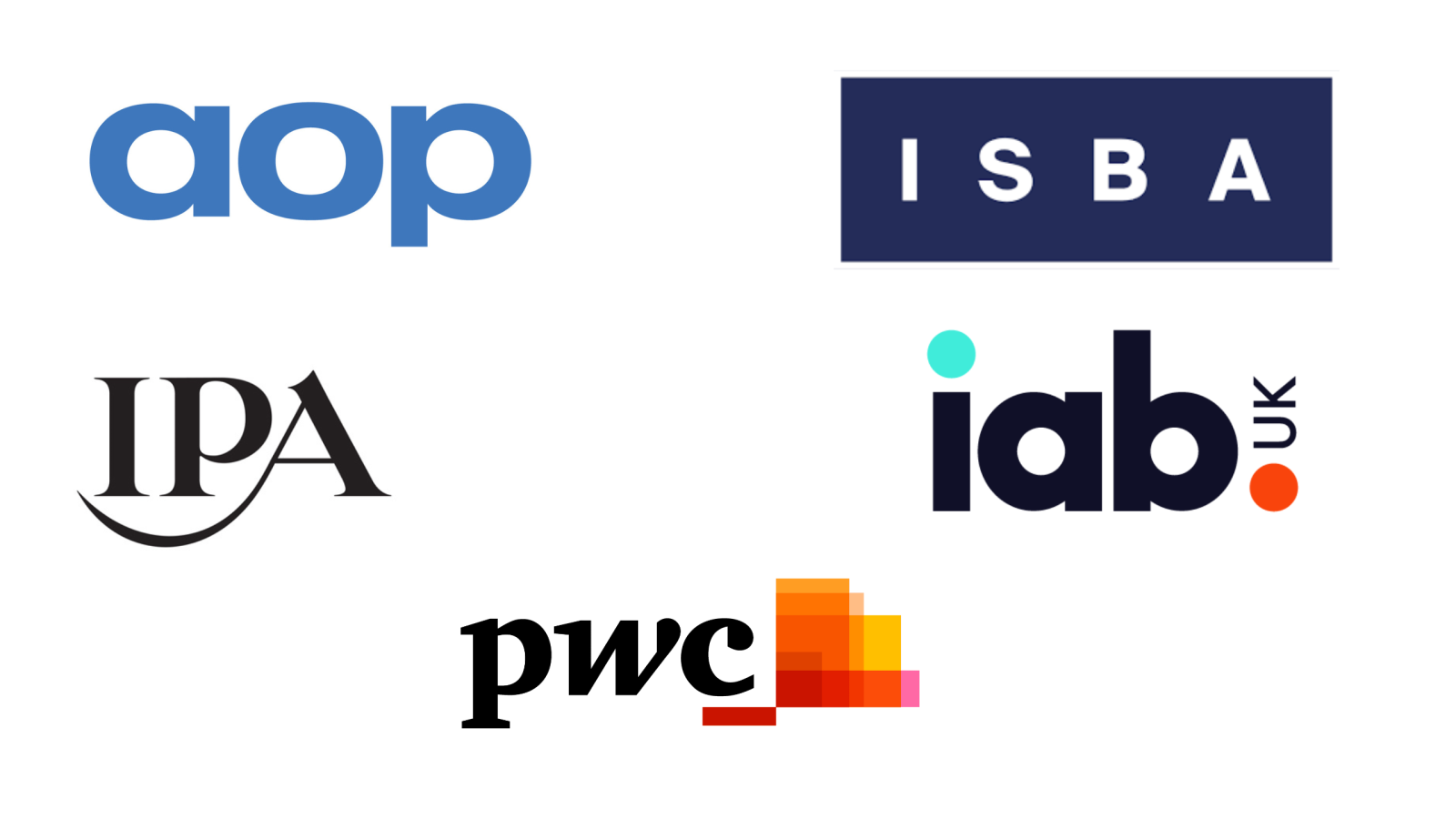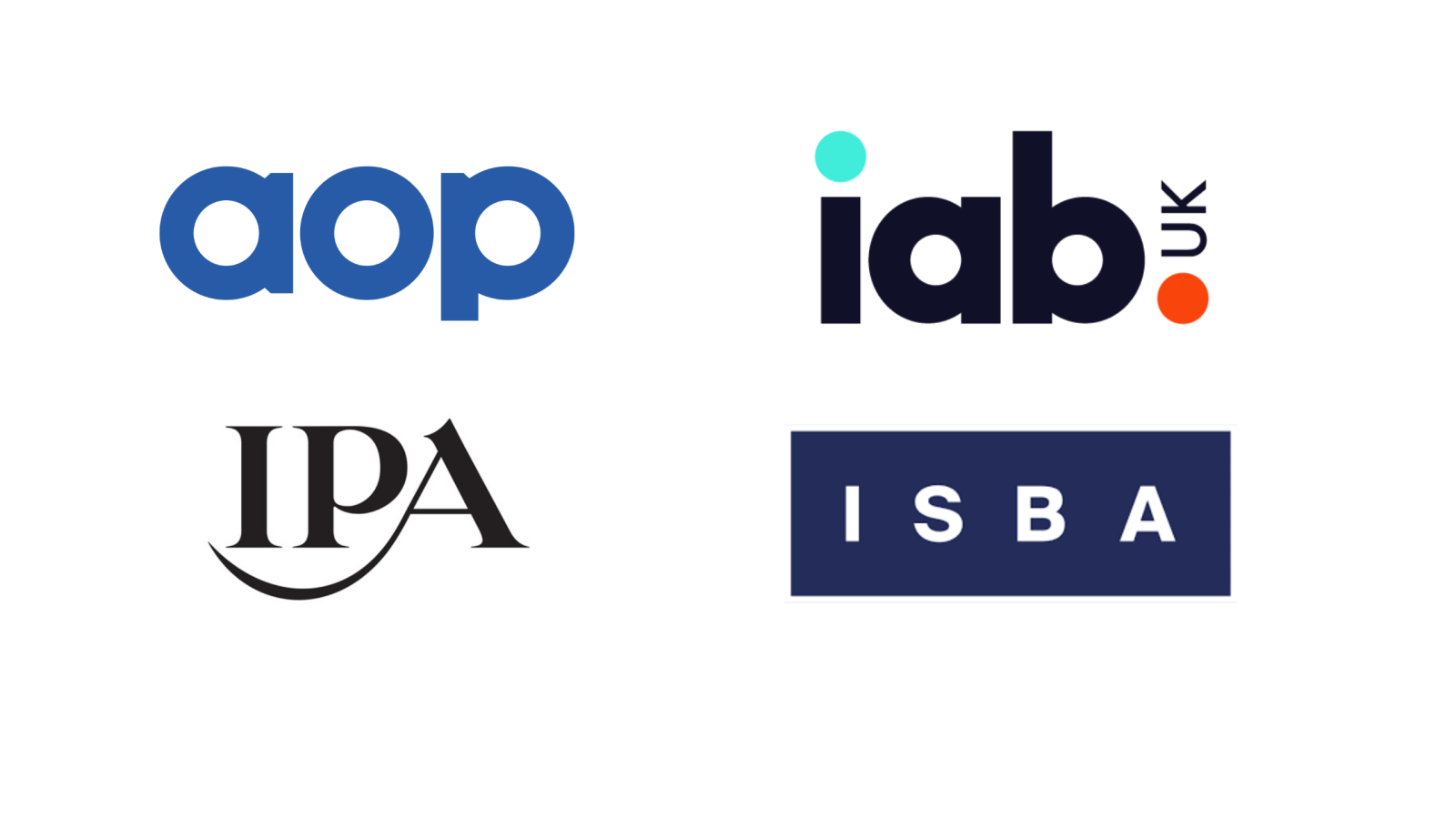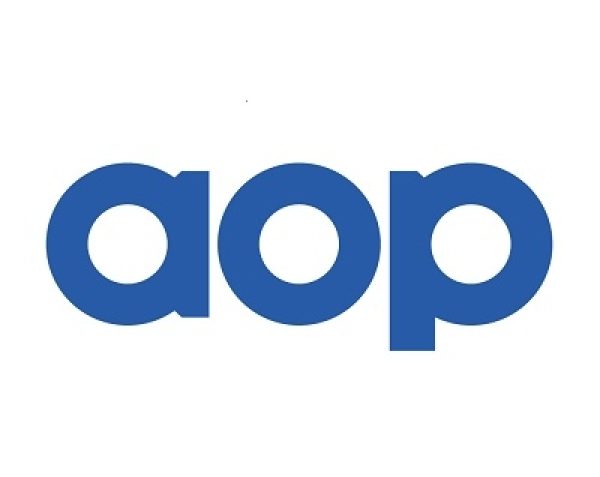
ISBA’s second study of programmatic supply chain finds significant increases in match rate and reduction of unattributable spend
Published: 18 Jan 2023
London, 18 January 2023: ISBA has released the headline findings from its second Programmatic Supply Chain Transparency Study and has found positive and welcome improvements.
- Improvements in data access successfully halved the time required to conduct the study to nine months (vs 18 months for the 2020 study).
- Greater standardisation of data quality improved the ad impression match rate to 58% (vs 12% in 2020) and the unattributable ad spend (AKA the unknown delta) was reduced to 3% (vs 15% in 2020).
- The proportion of advertiser spend reaching publishers has risen by 8%.
- The Programmatic Financial Audit Toolkit (the Toolkit) launched in February 2022 has been proven to be of significant benefit to the audit process.
- However, the improvements are not consistent, and the industry needs to continue its collaboration to make financial audits a routine feature of the market.
Wave two of the ground-breaking and multi award winning ISBA Programmatic Supply Chain Transparency Study with the AOP (Association of Online Publishers) and carried out by PwC, was undertaken specifically to test the Toolkit.
These documents were developed by the Cross-industry Programmatic Taskforce – comprising ISBA, the AOP, the IAB (Internet Advertising Bureau) and The IPA (Institute of Practitioners of Advertising), with input from PwC – to work alongside existing contracts in response to the publication of the results from the first study in May 2020. This is a unique collaboration and the first of its kind globally.
The documents were designed to make it easier for advertisers, publishers, and their designated auditors to gather standardised data from DSPs and SSPs, to track their advertising spend across the programmatic supply chain through a financial audit.
The Study’s principal findings show a nearly fivefold improvement in the match rate of impression data (from DSP to SSP) from 12% in the 2020 study to 58%, and a significant reduction in the size of the unattributable spend, to 3% in this 2022 study.
However, PwC’s team of specialists running the Study had to work closely with the DSPs and SSPs on data filtering and transfer in order to arrive at complete and accurate data sets, which in turn led to this significant reduction in the unattributable spend. ISBA believes advertisers and publishers should be able to expect the process of data filtering and sharing to be smoother in the future.
More specifically, this 2022 study has uncovered notable differences in the delta between open marketplaces 3%) and private marketplaces (<1%), reflecting the benefit of investments by advertisers, their agencies, tech vendors and publishers in well-curated auditable private marketplaces.
While the Toolkit facilitated faster access to advertiser and publisher data with some adtech vendors, levels of adoption varied: for example, some SSPs still required additional manual DSP permissions before granting data access. This additional permissioning process added significantly to the audit time. Overall, this 2022 study took nine months to complete, which is a marked improvement on the 18 months for the first study, but still some way short of the five months that PwC believe should be achievable for routine audits.
A promising improvement was that all adtech vendors were able to provide log level rather than aggregate data, a key factor in producing the much improved 58% ad impression match rate. Importantly, unlike in 2020, there is now good reason to believe the unmatched impressions in this study would exhibit similar results to the matched ones.
A key recommendation from PwC is that the ad tech industry should remain focused on refining data quality standards to allow accurate matching of individual impressions, such as ensuring all data fields in the Taskforce Toolkit can be provided by all tech vendors.
Beyond data access and data quality, the other area requiring industry attention is protocols around data retention and data transfer if financial audits of the programmatic supply chain are to become normalised and routine. At present, practices vary significantly.
Other key recommendations include separate DSP seats for each advertiser, extending the use of well-curated auditable private marketplaces, encouraging the use of ads.txt (which the Study suggests has had a measurable impact on limiting unauthorised selling of ad inventory), and for advertisers and publishers to consider regular supply chain audits.
It is important to note that, like 2020, this 2020 study focused on premium advertisers, agencies, tech vendors, and publishers. These promising results should not be taken as representative of the broader programmatic ecosystem.
In summary, the positive results of the 2022 study are significant and demonstrate the operational potential of the Toolkit. They also highlight the improvements in data quality, access and products implemented by many adtech vendors in response to the original study.
However there remains work to be done at individual and industry level to improve data access, data retention and data transfer towards establishing a normalised environment for financial audits of advertisers and publishers’ programmatic supply chains.
ISBA recommends that the results from this study will be used to refine the Toolkit and enable the Taskforce to develop further standards guidance for all stakeholders in the programmatic supply chain to achieve necessary transparency.
Clare O’Brien, ISBA Head of Media, said
“Overall, we very much welcome these findings. The match rate improvements alone, reflect the reforms which have already been implemented throughout the programmatic supply chain by some vendors and agencies in the last two years. That the unattributable delta in this specific Study was reduced to 3% provides the industry with the proof point that confirms that transparent practice works for all stakeholders. The first study and the work of the Taskforce has encouraged more tech vendors to provide log level data for audit, especially at this premium end of the market which both studies represent. The Toolkit has also had a very clear role in supporting the acceptance of the right to audit by a growing number of vendors. However, there is clearly much more the industry can do together, including standards and good practice development to ensure that financial audits and the kind of results this Study has demonstrated are a normal feature of the market, as with other media channels.”
Sam Tomlinson, PwC Marketing & Media leader, said:
“We found major improvements compared to 2020: the study time was halved, there was a nearly fivefold increase in the percentage of matched impressions, and the delta is down to 3%. This reflects positively on the hard work of the Taskforce and all its members. And, crucially, we believe it’s now clear what steps need to be taken next by individual advertisers, agencies, adtech vendors and publishers, and the industry as a whole.”
Richard Reeves, Managing Director, AOP, said:
“The latest results provide an opportunity for both celebration and reflection. It’s easy to forget that just under three years ago, the mechanics of programmatic advertising were still widely seen as mysterious and impossible to audit. Our original study made the supply chain mappable for the very first time, providing much-needed transparency and offering greater insight into previously undiscovered black holes, especially the unknown ad spend delta.
“While critics have pointed to the unanswered questions these findings raised, my expectation was always that initial analysis would be a scope of work — and current progress is testament to how effectively it has put us on the right track. Increases in data quality and the shrinking delta are direct results of collaborative innovation driven by expanded knowledge. They also show why it’s so critical to keep communicating across the industry and ensure ongoing adaptation is based on shared, ever-refreshed understanding from multiple perspectives.”
Tim Elkington, Chief Digital Officer, IAB UK, said
“The results announced today demonstrate the real-world impact of the Toolkit, and the fact that the delta and match rate have improved so dramatically is testament to the work of the cross-industry taskforce. All parts of the digital advertising supply chain have been involved in improving transparency and we are pleased to see what has been achieved as a result.”
Nigel Gwilliam, Director of Media Affairs, IPA said:
“The original ISBA/PwC Programmatic Supply Chain study was pioneering in every sense of the word. Time and hard work were required to follow data down complex paths through ad tech platforms. The industry has made significant progress since this pioneering work, and it is reassuring to see the much improved levels of data access and match rate reported in this second study.”
ENDS
Notes to Editors
Advertisers who took part in wave two of the study include:
- Arla Foods
- Channel 4
- Deliveroo
- Diageo
- Dominos
- PepsiCo
- Sky
- Tesco
- Vodafone
Publishers who took part in wave two of the study
- Bauer
- Future
- Guardian
- Haymarket
- Immediate
- Independent
- News UK
- Ozone
- Rightmove
- Telegraph
DSPs
- Adform
- Amobee
- Google DV360
- Media Math
- The Trade Desk
- Xandr
SSPs
- Google Ad Manager
- Index Exchange
- Magnite
- OpenX
- PubMatic
- Xandr
Participating agencies
- Havas
- GroupM
- MiQ*
- OMG
*MiQ is a programmatic media company, but for the purpose of this study and their direct relationship with their partner advertiser, they are included here as an independent agency
The 2020 study
In January 2018, ISBA’s Performance and Programmatic Steering Group, representing the UK’s advertisers, posed a simple question: what does my programmatic supply chain look like and how can I assess its value in terms of working media? And it tasked ISBA with finding out the answer.
PwC’s report for ISBA and its members was published in May 2020 took a year to set up and a further year to carry out, revealing a market ripe for fundamental reformation to make it fit for purpose. The findings in this unique, world-first industry report, delivered the evidence to involve all stakeholders – advertisers, agencies, publishers, and adtech - to urgently collaborate openly, honestly, and constructively around shaping a trading market that is transparent, fair, safe, and predictable where all interests can thrive equally.
https://www.isba.org.uk/knowledge/executive-summary-programmatic-supply-chain-transparency-study
The Programmatic Financial Audit Toolkit
The Financial Audit Toolkit was produced in collaboration with the Programmatic Cross Industry Taskforce. It consists of the Data Fields List (DFL), the Audit Permission Letter (APL) and the Principles of Use document. It provides advertisers and publishers with the necessary industry recognised standards to begin auditing their programmatic supply chains, aiming to level the channel up with other media channels.
Press Contact:
Abi Slater Director of Communications
M: 07917 048835
ISBA 12 Henrietta Street, Covent Garden, London, WC2E 8LH
www.isba.org.uk
Follow us on Twitter: @isbasays
About ISBA
ISBA is the only body that represents brand owners advertising in the UK. We empower them to understand the industry and shape its future because we bring together a powerful community of marketers with common interests; lead decision-making with knowledge and insight; and give a single voice to advocacy for the improvement of the industry.
ISBA is a member of the Advertising Association and represents advertisers on the Committee of Advertising Practice and the Broadcast Committee of Advertising Practice, sister organisations of the Advertising Standards Association, which are responsible for writing the Advertising Codes. We are also members of the World Federation of Advertisers. We can use our leadership role in such bodies to set and promote high industry standards
About PwC
At PwC, our purpose is to build trust in society and solve important problems. We’re a network of firms in 156 countries with more than 295,000 people who are committed to delivering quality in assurance, advisory and tax services. Find out more and tell us what matters to you by visiting us at www.pwc.com.
PwC refers to the PwC network and/or one or more of its member firms, each of which is a separate legal entity. Please see www.pwc.com/structure for further details.
About AOP:
Association of Online Publishers (AOP) is an industry body representing digital publishing companies that create original, branded, quality content. AOP champions the interests of media owners from diverse backgrounds including newspaper and magazine publishing, TV and radio broadcasting, and pure online media. For more information, please visit
Categories: AOP News

